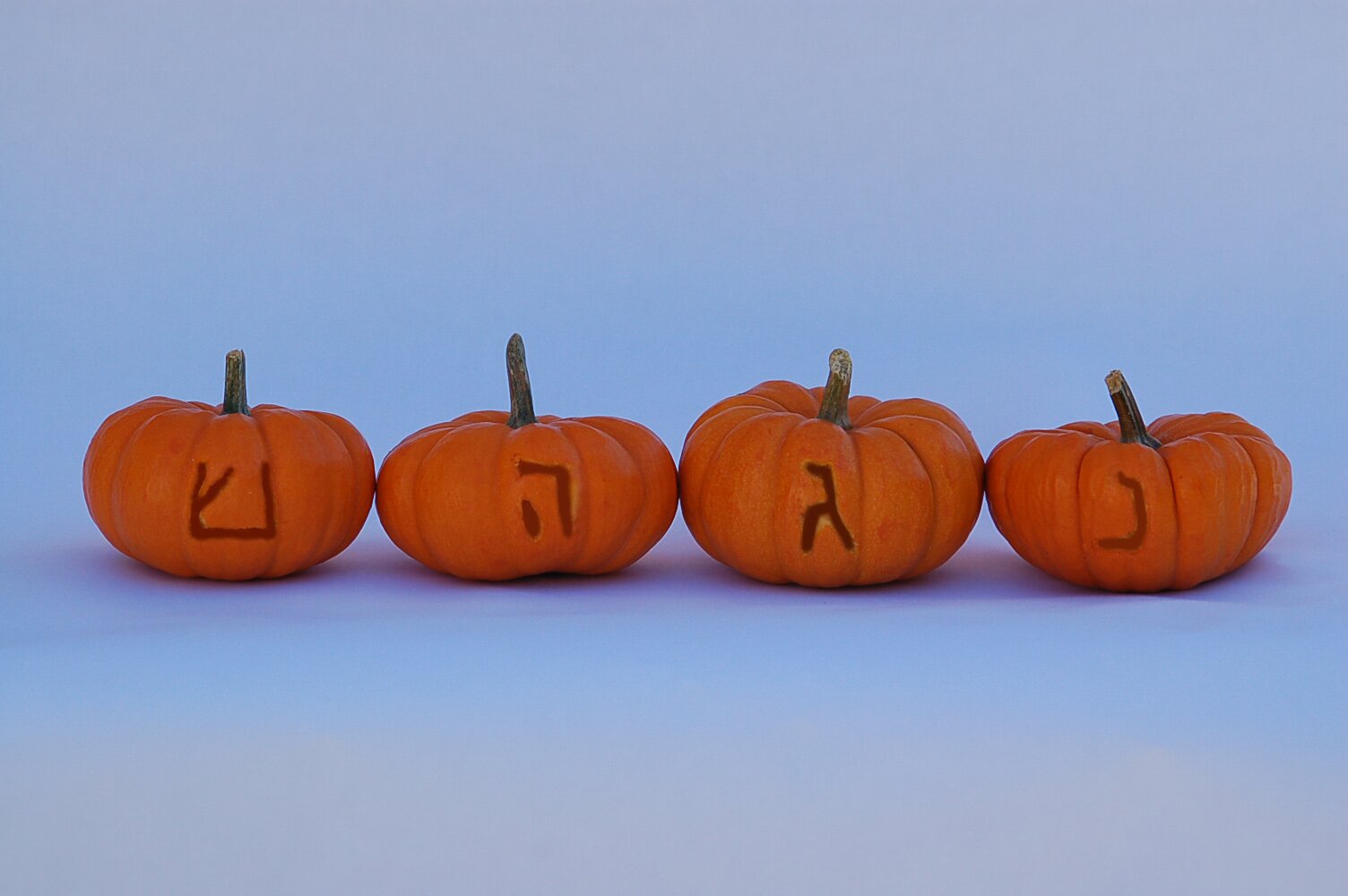What
do they have in common? Both are
harbingers of spring!
As I
peer out over the mountain of snow in my front yard, I am comforted by the
approach of Groundhog Day and Tu B’shvat in the coming week.
Groundhog
Day, February 2, promises us that spring is just around the corner, or at least
it’s no more than 6 weeks away.
Tu B’shvat,
the 15th of Shvat, comes on Tuesday-Wednesday, February 3-4, as a
reminder that the first signs of spring are appearing in the land of Israel. With
the full moon above, the sap is rising in the trees as they drink in the
winter rains. The almond trees are the first to open their soft white blossoms.
If it’s not too cold and not too wet, Israeli
children go out to plant trees.
We can
get through the winter, knowing that soon spring will arrive. March will be
here before you know it, and flower bulbs beginning to poke out of the earth.
In the
Jewish lunar cycle, the month of Shvat (already nearly half over) will be
followed by the month of Adar, the most joyous month of the year. Planning for Purim
festivities are already well underway.
So
much to look forward to. And yet, let’s not rush things. Try to be in this
moment, cold and snowy, slushy and slippery. Skiing and skating. And, ah yes,
the Patriots are in the Superbowl.
I don’t
know of many rituals surrounding Groundhog Day (except, perhaps, watching the
movie “Groundhog Day” over and over). But there’s plenty of ways to honor and
enjoy trees (and their fruits).
Take a hike! Our
Chaverim School students will be taking a hike in the Arboretum (weather
permitting) on Wednesday the 4th. But you can go anywhere, anytime,
and enjoy the trees’ wintry array.
Eat fruit! The
Jewish mystics created a special seder ritual for this holiday, involving
eating 15 different fruits, symbolic of various experiences of divinity in our
world. Can you name 15 fruits you’d like to eat? Even if they are not in season
locally, consider dried fruits and nuts (nuts count as fruit in the seder). Hazon
provides a haggadah for adults and one for children, so you can hold a Tu B’shvat
seder in your home.
Plant a tree! Maybe
you can’t actually dig a hole in the ground this week, but thanks to the
internet, you can take part in tree planting elsewhere.There’s
no denying it: our planet needs trees.
- Some of you may remember giving to JNF to plant trees in Israel. You can still do that, and get or give a classic Tree Certificate.
Planting
a tree in Israel can also be a gesture of peace and hope.
- · Rabbis for Human Rights is raising money in its “Plant change, grow hope” campaign, bringing Israelis and Palestinians together to plant olive trees.
- · T’ruah: The Rabbinic Call for Human Rights is asking you to support rabbinical students who will plant olive trees with Palestinian farmers.
On
Tu B’shvat, I will be eating dates, figs, nuts and pomegranates, and
contemplating the need for us to take care of our trees and planet, as they
sustain us, even through the frozen winter. And remembering that each day is a choice
fruit to enjoy.




